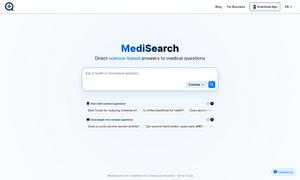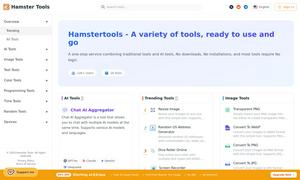LAION

About LAION
LAION offers a vast range of machine learning resources that democratize access for researchers and educators. This platform features large datasets like LAION-5B and tools for aesthetic scoring, facilitating innovative AI research and education, solving accessibility issues in machine learning.
LAION provides free access to its datasets and tools with no subscription fees. Users can obtain extensive datasets like LAION-5B at no cost, promoting open education and research. Upgrading to new releases offers enhanced features that support innovative machine learning projects.
LAION’s user interface is intuitive, ensuring effortless access to datasets and tools. The seamless layout enhances user experience, allowing easy navigation through extensive resources, promoting efficient research and learning processes for users engaged with machine learning initiatives.
How LAION works
Users can easily interact with LAION by signing up for access to numerous datasets and tools. Once onboard, they can explore datasets like LAION-5B, utilize the aesthetic scoring model, and collaborate on research projects. The user-friendly interface ensures tasks are streamlined, allowing users to focus on their research and educational objectives.
Key Features for LAION
Large-scale Datasets
LAION provides extensive machine learning datasets, like LAION-5B, containing 5.85 billion multilingual image-text pairs. This feature empowers researchers and educators to access vital data for innovative machine learning projects, enhancing the overall research output and public education.
Aesthetic Scoring Model
The aesthetic scoring model, a unique feature of LAION, filters images to ensure users access aesthetically pleasing content. This tool fosters a more refined selection process, making it easier for researchers and developers to find high-quality visuals for diverse applications.
Open Access Philosophy
LAION’s commitment to open access ensures that all resources, including datasets and models, are available for free. This core principle enhances collaboration and innovation in machine learning research, enabling users to leverage advanced resources without financial barriers.
You may also like:








